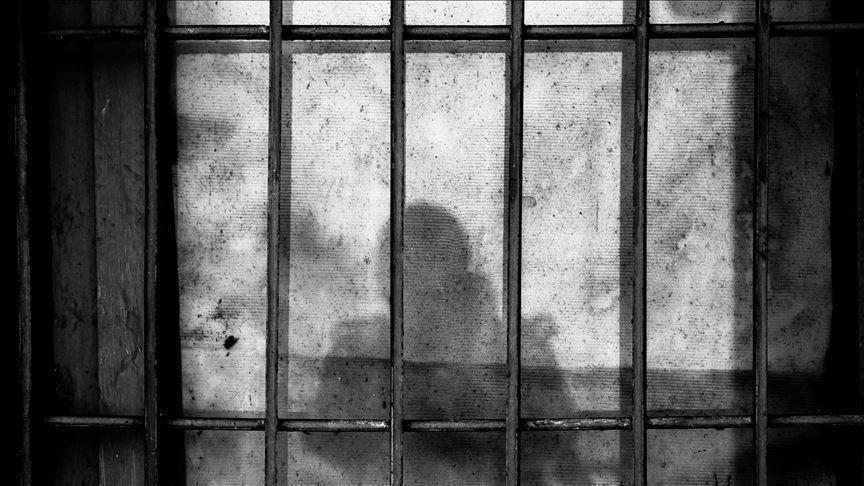Move marks anniversary of Tanganyika’s independence from British rule
Tanzania's President Samia Suluhu Hassan on Monday granted a presidential pardon to 1,548 prisoners in honour of the 63rd anniversary of independence for Mainland Tanzania.
Of those pardoned, 22 were released immediately, while the remaining 1,526 will serve reduced sentences.
In a statement issued on Monday, the Ministry of Internal Affairs expressed hope that the pardoned individuals would successfully reintegrate into society and contribute positively to nation-building.
"The Government expects that the prisoners released today will return to society, cooperate with their fellow citizens in building our nation, and avoid actions that would lead them back to prison," the ministry said.
The annual celebrations of independence not only reflect on Tanzania’s freedom from colonial rule but also emphasize its enduring values of unity, justice, and progress. This year’s presidential pardon serves as a reminder of the balance between compassion and accountability in fostering a more inclusive and harmonious nation.
Mainland Independence Day commemorates Tanganyika’s historic liberation from British colonial rule in 1961, marked by the lowering of the British flag and the raising of its own. The Freedom Torch, symbolizing hope and liberation, was famously placed atop Mount Kilimanjaro, representing a vision of progress for all of Africa.
This independence also set the stage for the 1964 union with Zanzibar, leading to the formation of the United Republic of Tanzania. By Lulu Angelo Sanga, Anadolu Agency






